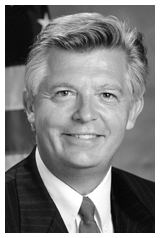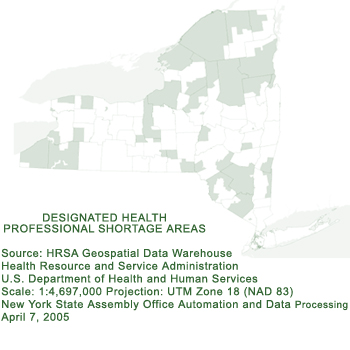|
Agricultural Plastic Recycling Project in New York
Over the last several decades, farmers in New York have begun to rely on agricultural plastics
rather than traditional silos. Sisal fiber twine has been replaced with plastic twine, large sheets
or bags of plastic are used to hold silage, greenhouses are often made of plastic and plastics
are used for row covers and various containers. There are often limited disposal options for these
plastics and they are burned in open barrels or buried in the ground – both harmful to the environment.
There is an exciting pilot project underway in the Central-Leatherstocking region to test and study recycling
alternatives and make certain that such recycling is environmentally and economically sound.
Working with faculty and staff of Cornell University, the project will make recommendations on the best ways to:
-
Collect ag plastics – on-farm collections vs. pick-up sites;
-
Handle the plastic – sorting, baling;
-
Recycle the plastic – how to clean, whether or not to grind the plastic into pellets or shreds; and
-
Establish secondary markets – what new products can be made from recycled plastic.
Solving the agricultural plastics disposal problem will go a long way toward the goal of banning the open burning
of waste. Assemblyman Koon has been the prime sponsor of legislation to ban such burning for
several years (A.3073).
Source for this article: Dr. Lois Levitan, Environmental Risk Analysis Program, Cornell University.
|
Welcome Senator
George Winner
Senator George Winner has been appointed the new Senate Chair of the Commission.
He represents part of Tompkins County and all of the Counties of Chemung, Schuyler,
Steuben, and Yates. He was elected to the Senate in November 2004 after serving for over
two decades in the State Assembly.

|
|
|
|
|
|
Methamphetamine — A Growing Problem in Rural Areas
Methamphetamine (meth), a dangerous stimulant similar to cocaine, is a growing problem throughout the country.
Used in a variety of ways, meth may have devastating short and long term effects, such as convulsions, anxiety,
violent behavior, insomnia, confusion, hallucinations, paranoia, delusions, mood disturbances and cognitive
impairments.
Beyond the physical impairments and addiction that meth brings, it also creates problems that are specific to rural
areas. One of the common methods used to manufacture meth involves the use of anhydrous ammonia, which is a
fertilizer used to provide nitrogen for crop production. It is used by farmers and is being stolen for the production of
this drug, leaving farmers at a loss of a product needed for their crops and in fear of related violence. The other impact
on rural areas is the contamination of water and soil produced by the discharge into the environment through the process
of “cooking” the meth. The presence of a meth lab may go undetected for months or years, creating a toxic environment for
nearby residents.
As the regularly scheduled legislative session concluded, both houses passed a comprehensive bill to combat meth use
and production in New York (A.9002/S.5920). Currently, the legislation awaits action by the
Governor.
|



